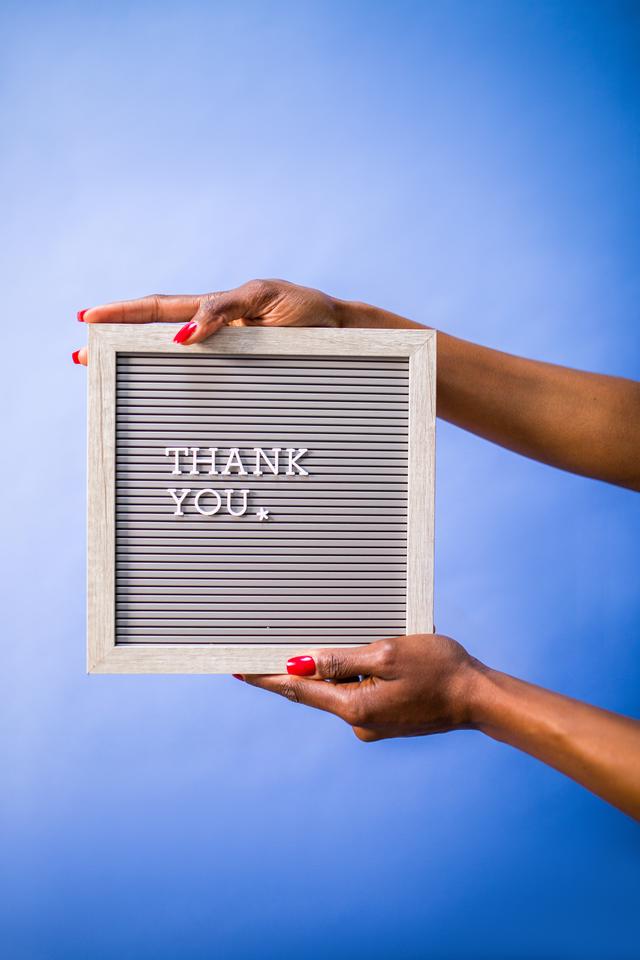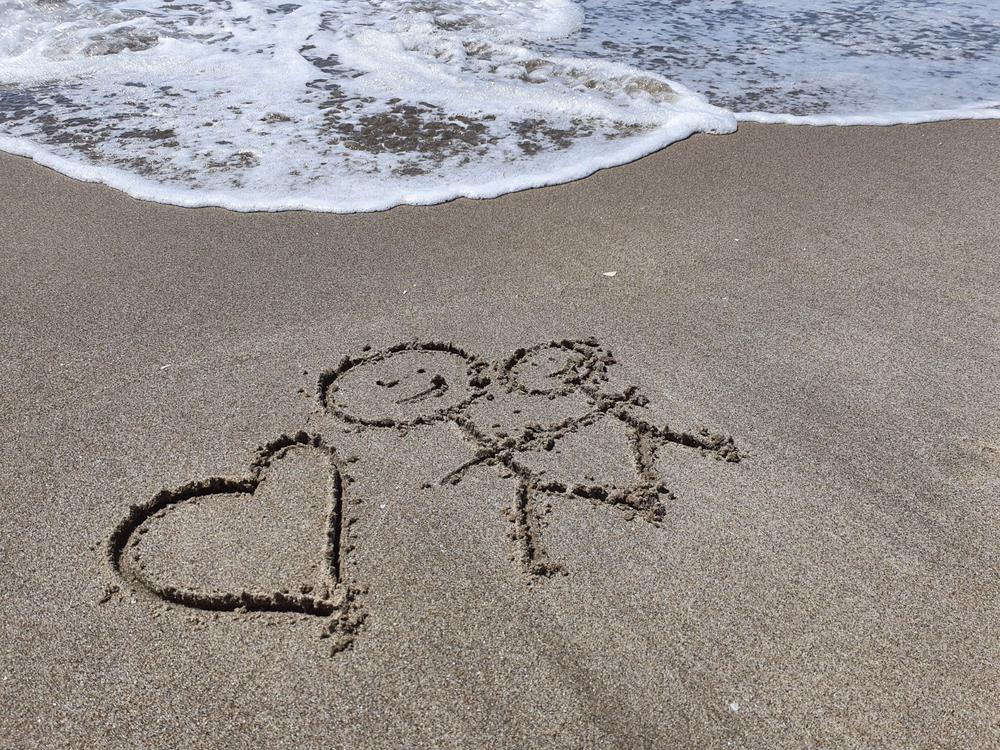Help a mum and child through legal hardship.
Family legal hardship - financial help is desperately needed.
Auckland
*Identities are suppressed*
Please help my friend, one of the kindest, bravest and strongest women I have met. Since 2019, she has been facing the damage of family abuse. After a traumatic jury trial, the sentencing Judge said there was "no doubt that abuse had occurred and that the offender is Guilty".
My friend has been overwhelmed by legal affidavits and proceedings, battling through complex matters that proceed very slowly through the Criminal, Appeals, Family and even the Supreme Court, progress not helped by the effects of Covid-19.
As at the end of February 2022, their unpaid legal bills total $64,165.94. By the time all matters are settled at an unknown time in the future, full legal costs are estimated to approach $100,000. She has run out of funds and realistically faces at least 2 more years of legal proceedings before she can realise a complete break.
Simply put, my friend is struggling.
Their future is uncertain, and she wants to provide a happy and safe life for her family, resolved of the great difficulties and ongoing legal adversities. Their situation is the concern of our whole community, as we try to provide a safe world for families where they are looked after, and their rights are valued and respected. If you can open your heart and give a little, this will alleviate some of the financial pressure for them.
The victim's support person's involvement (page creator)
I am a close friend, who has been able to provide love and support though a difficult and lengthy time.
Use of funds
On the substantial legal bills. As at the end of February 2022, unpaid legal bills currently total $64,165.94. It is expected that the total cost of legal fees could exceed $100,000.00 over the next two years.
Latest update

Thank you from *Rachel 9 March 2022
It has been overwhelming to read your comments, and I have tried to find them all. I wish I could answer individually, especially to those of you who shared similar stories. The kindness you’ve shown, the time you’ve taken to write with care and support has made a difference to our lives. We received so many completely unexpected donations, every single one lifting the legal financial pressure, bringing happy tears for once – thank you so much for your wild generosity!
I want to thank every person who read the article, and took the time to consider what is happening behind many closed doors across New Zealand. My hope is that you have a new understanding of family abuse - it is easy to think that this doesn’t really happen, especially if the person is liked in the community. It is important to be able to talk about it safely, to demonstrate how widespread it is, and to make it uncomfortable for highly-regarded organisations to protect abusers. By taking steps to break silence, even though it is difficult to do so, we might just create safer pathways for other children.
I want to take a moment to talk on the harder conversation, the bits that can be emotionally distressing. Please take care with your feelings if you read on.
To find my family in this situation shocked me. I’ve since met others through organisations like Women’s Refuge, and read dozens of comments that share similar stories, which tells me that we are very much not alone. That isn’t comforting - there are far too many families facing these circumstances.
Victim blaming, shaming and silencing is common after disclosing any kind of abuse of a person of any age. Blame is an easy path for offenders and deniers to choose when victims are at their lowest, struggling to deal with life-altering circumstances, and emotionally incapable of defending themselves. Others choose to be silent, not wanting to “get involved”, or that there must be “two sides to the story”. Some will pressure to be given details that they feel entitled to, perhaps having been family friends, in order to make their own judgements, and discuss amongst others. This is inappropriate at best, and at worst the intent is to pressure victims to “give up”.
When a person is convicted of child abuse, a very long and intensive process has occurred – it has been reported and initially assessed, before the decision to go further. Evidence is then collected, and professionally assessed by forensic child specialists before the decision to go further. If an offence is deemed to have occurred, the file is handed to Police for investigation and interviews are conducted. Police then decide whether or not charges will be laid. If charged, the rights of the accused become primary – they are presumed innocent until proven guilty. The legal process works to centre the offender, and not the victim.
That isn’t morally right, but it is how it is right now.
Rights are then asserted by defence counsel in ways that shocked me, right down to the accused having the right to choose whether the trial goes ahead by Judge only or by Jury, and thereby causing a child to be harshly cross-examined by an older male lawyer, which affected the child considerably.
It will take well over a year before the case gets to a trial, which then lasts several days, where evidence is extensively tried and assessed by a Judge and/or Jury, then finally a verdict is handed down. In some cases, a guilty verdict is not accepted by the offender, and they have the right to appeal the verdict in the High Court, and if that is unsuccessful, to the Supreme Court of New Zealand. This adds at least another year to the process.
After that gruelling, intensive process has finally confirmed a guilty verdict, I would hope that reasonable people would believe the child.
Yet, some offenders, and the deniers who surround them, will never, ever accept responsibility. Often, these people are the ones who act in the community as a “person of good character”, such as teachers, religious leaders, athletes, professionals or firefighters.
When I was contacted by “friends”, who felt that they had a right to know more, it made me fearful and created a strong instinct to protect a young child from the emotional effects of not being believed. As pressure mounted, I withdrew further, from nearly every person I knew, whether I had heard from them or not. The noise against us became bolder and louder, some pointing to my silence as ‘suspicious’. In reality, we were simply trying to survive the intensive legal processes, with social pressure mounting against us.
It is very easy for me to now understand how blame, shame and silence work to intensify the damage of abuse, often going on for years after the abuse has stopped, and at the same time as the high intensity of the legal process.
This is an example of the complexities that lead to victims never disclosing abuse, returning to abusers, retracting statements, or worse.
If you are in this kind of position out there - I understand you, I believe you, and I am not the only one. Read the kind and supportive comments that are written on this page by complete strangers who do understand. You are not alone.
It is hard to segue back into a thankful space, but kind reader, thank you for your generosity of spirit and consideration. If I can ask one thing, it is that you remember us. Five, ten years from now, if you find yourself near a family abuse situation, remember what you’ve read. Take the time to dig into the archives of RNZ and find the article again. Talk about it safely, with care and consideration for the child. Reserve your initial judgement. Resist the urge to step away or to be silent. Remember it is not for you to judge, that there will be lots of noise, and that there is no possible way that you can know what has happened when noone else is around. Put the child in the centre, find a way to support the child to be emotionally and physically safe while disclosures are assessed properly.
If just ONE reader can do that, then I feel like something good has come from this, that maybe a future child will be safer in their difficult time.
Above all, always believe a child who talks of unsafe adult behaviour.
Always believe the child.
And thank you.
❤ ❤ ❤
……………………….
New Zealand Statistics:
- 1 in 3 girls, and 1 in 7 boys are sexually assaulted before they turn 16.
- Only 10% of any sexual assault crimes are reported (adult and child).
- Of those, only 3 make it into the courtroom.
- Of those, only 1 results in a conviction.
- (from https://www.helpauckland.org.nz/sexual-abuse-statistics.html)
Research on False Allegations of Child Abuse (from USA):
- In 2014, the US Child Protective Services determined that 0.06% of cases were found to be intentionally false.
- Further research on child sexual assault statistics from Australia, the UK and USA: https://bravehearts.org.au/what-we-do/research/child-sexual-abuse-facts-stats/disclosure-of-child-sexual-abuse/
………………………..
Photo by RODNAE Productions from Pexels
Latest donations





Who's involved?
Page Q&A
3 questions have been asked already. Check them out and ask yours here.Any concerns?
Report this pageThank the donor
Your message will be displayed on the page and emailed to the donor.
Your new message will also be emailed to the donor.
Saving a blank entry will delete the current comment.

